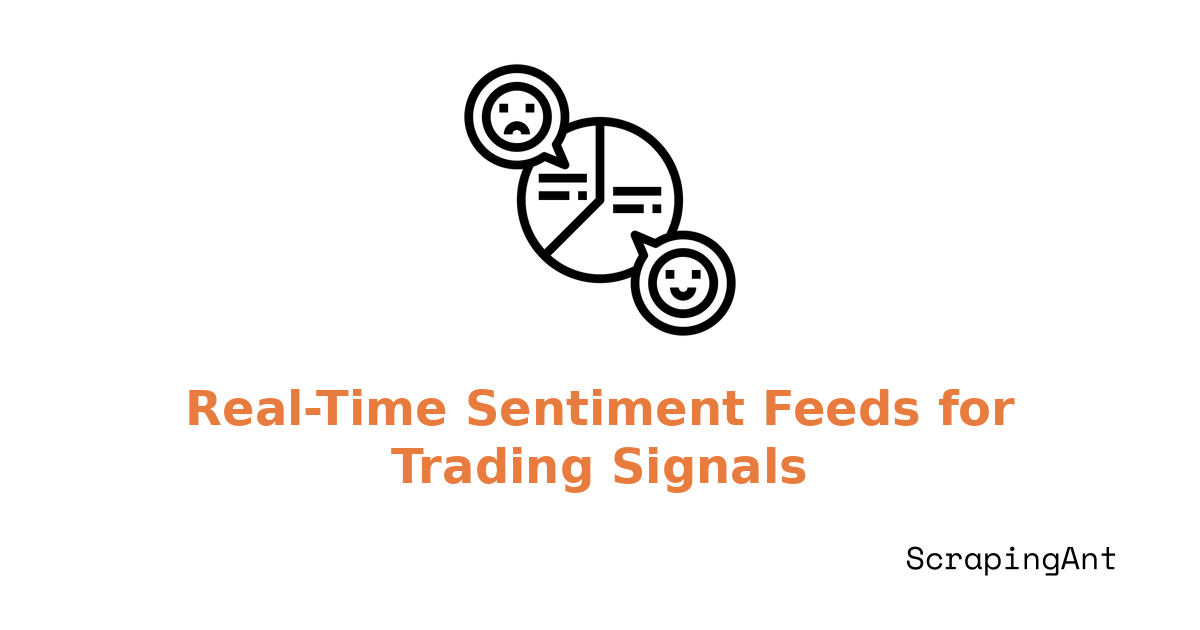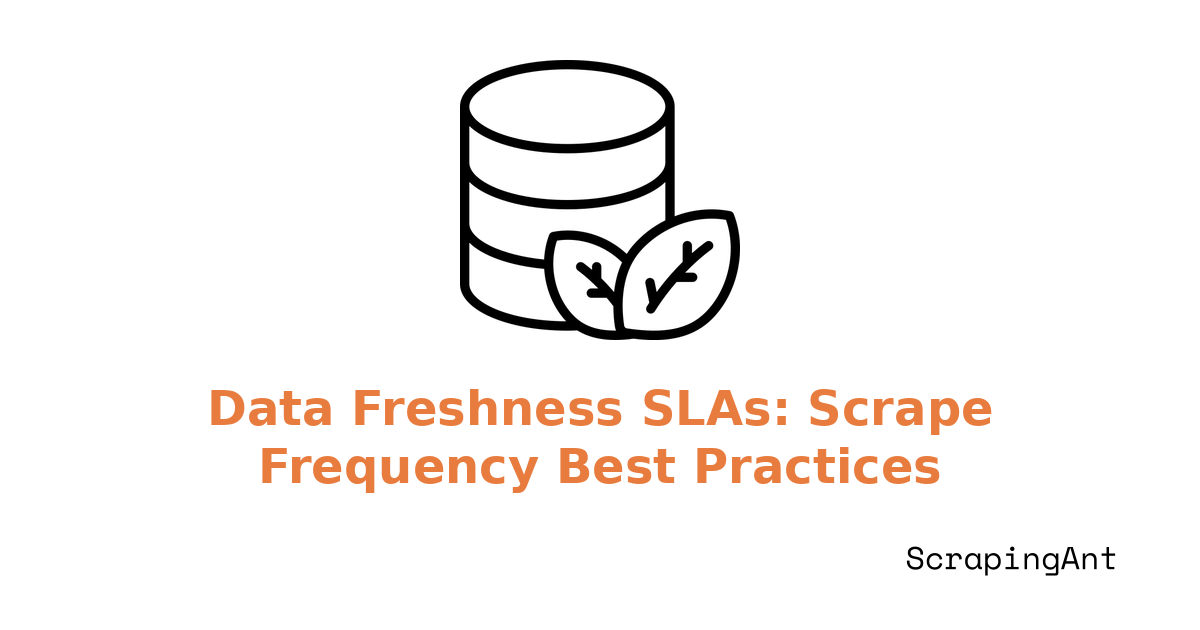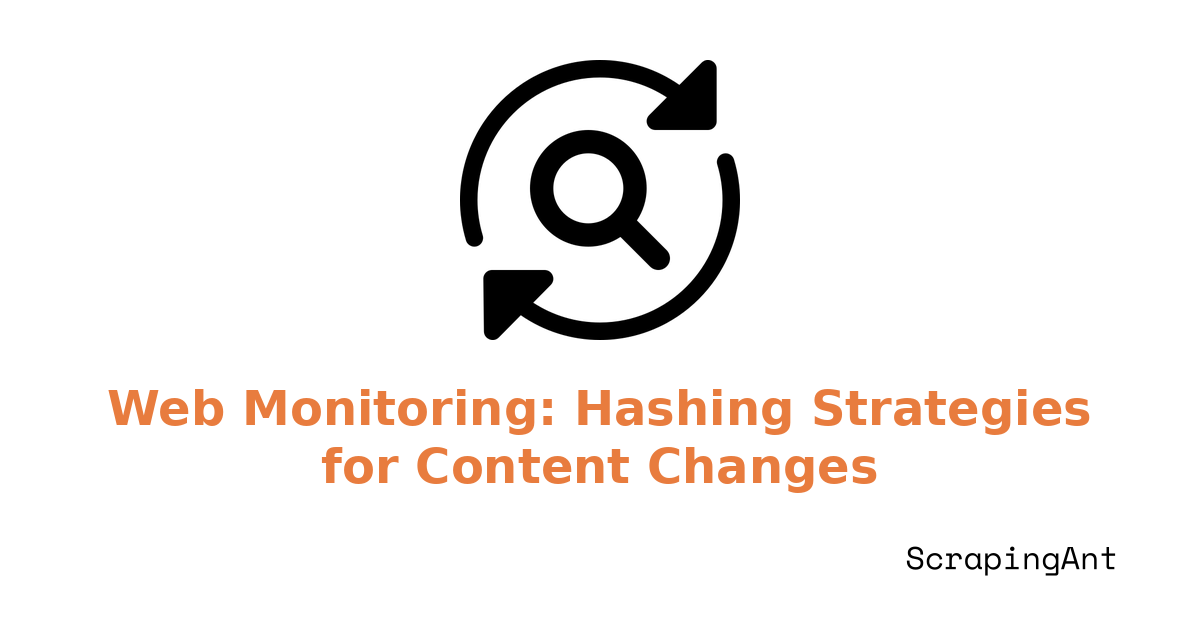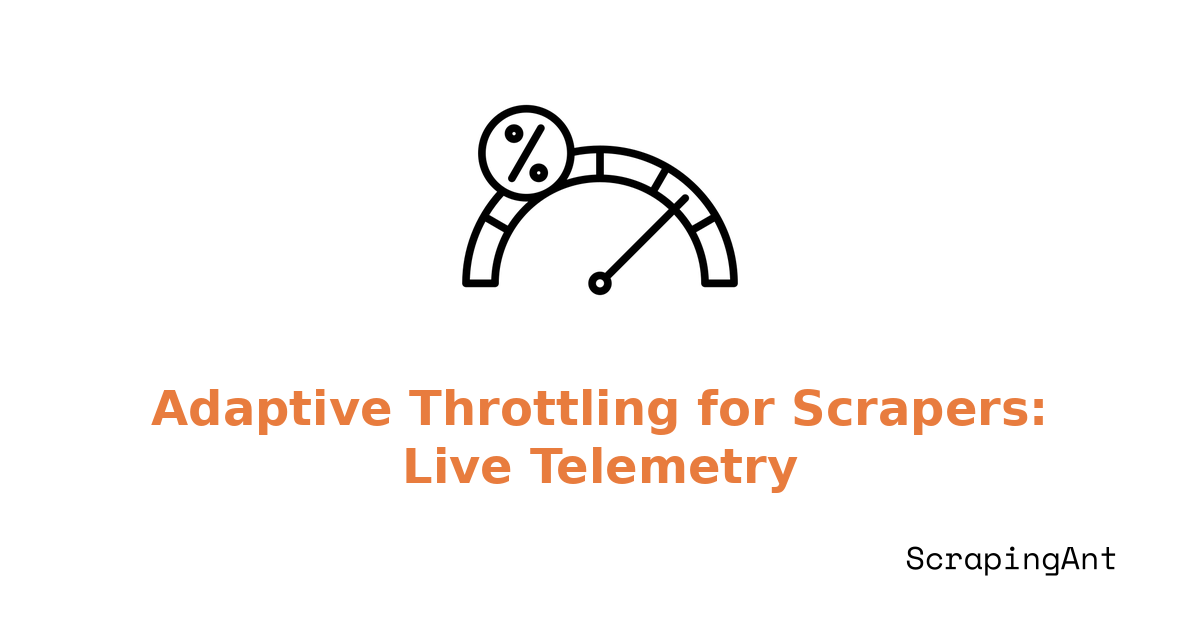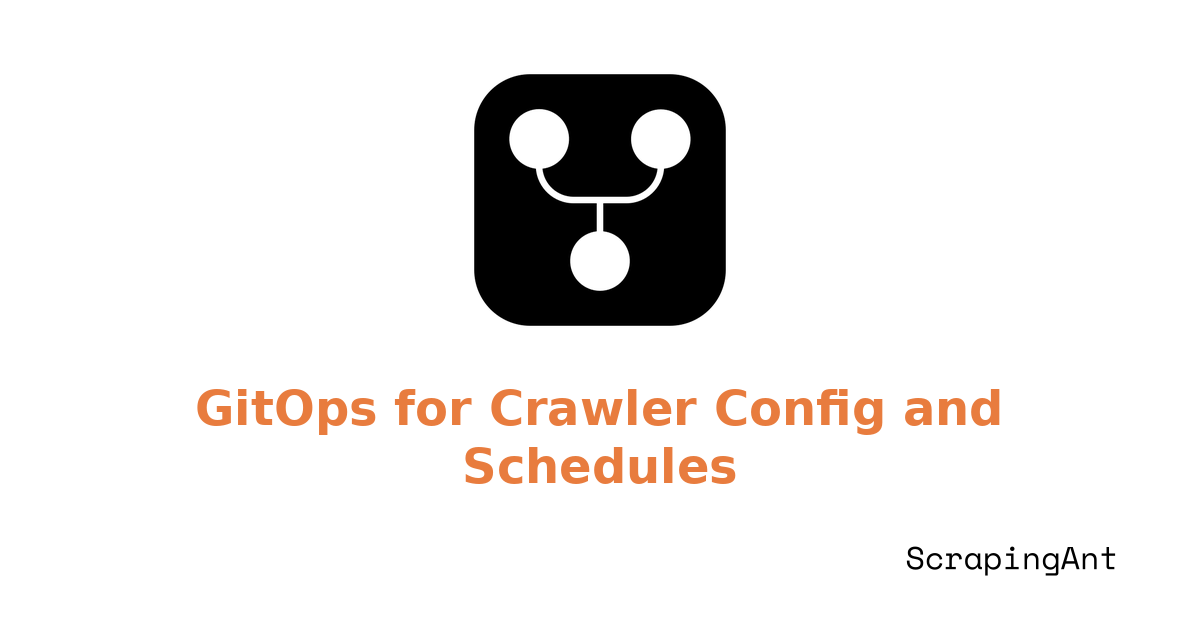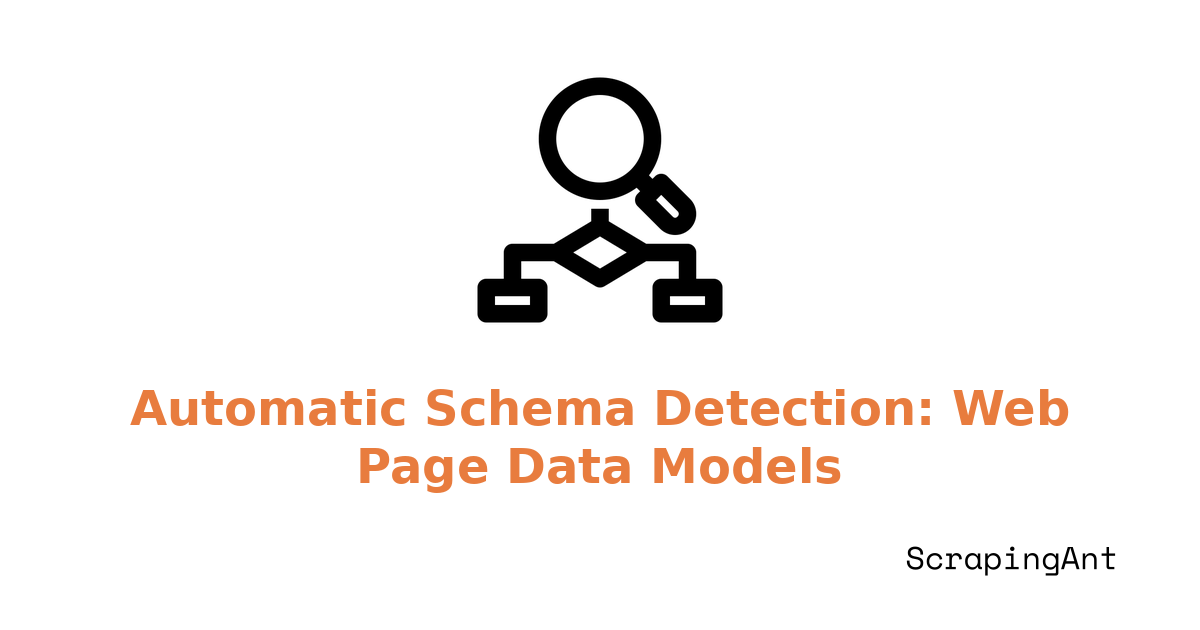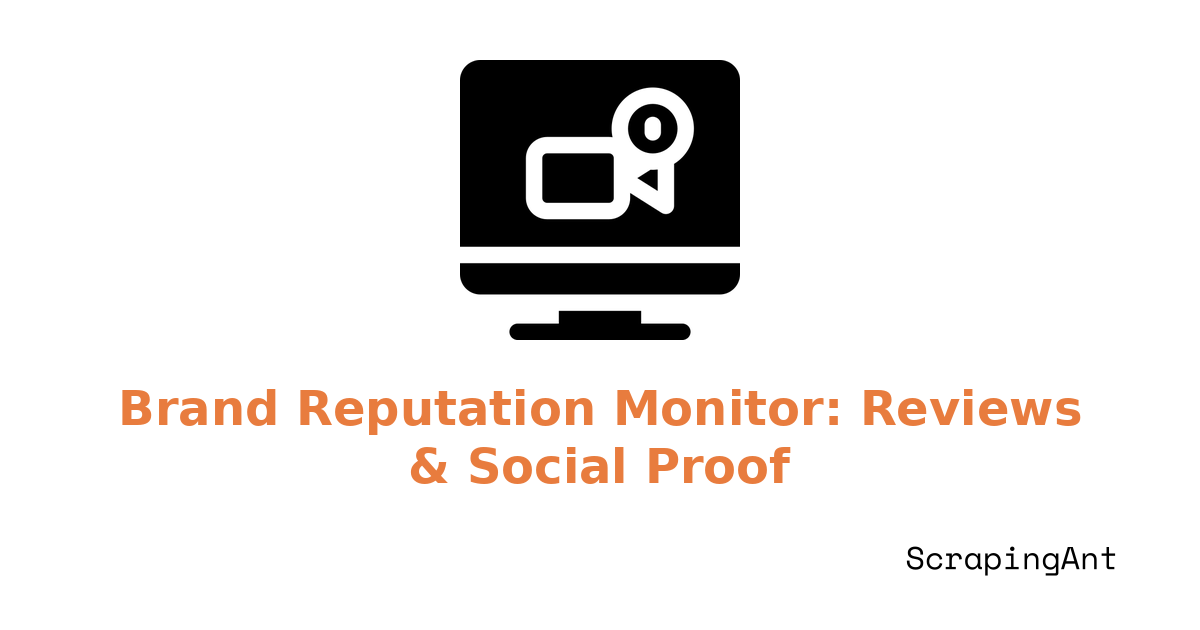
Brand reputation increasingly lives online – in reviews, forums, Q&A sites, and social platforms – and is updated in real time by customers, critics, and competitors. For most sectors, particularly consumer-facing and high-competition industries (fashion, automotive, SaaS), reactive reputation management is no longer sufficient. A robust, automated “brand reputation monitor” that continuously aggregates and analyzes online feedback has become a strategic necessity.
